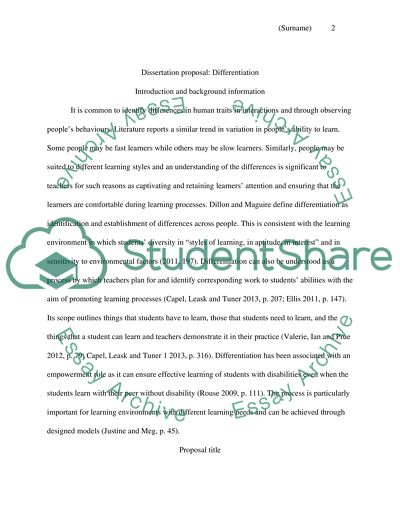Cite this document
(“Differentiation and Learning Styles Dissertation”, n.d.)
Differentiation and Learning Styles Dissertation. Retrieved from https://studentshare.org/education/1626406-differentiation-and-learning-styles
Differentiation and Learning Styles Dissertation. Retrieved from https://studentshare.org/education/1626406-differentiation-and-learning-styles
(Differentiation and Learning Styles Dissertation)
Differentiation and Learning Styles Dissertation. https://studentshare.org/education/1626406-differentiation-and-learning-styles.
Differentiation and Learning Styles Dissertation. https://studentshare.org/education/1626406-differentiation-and-learning-styles.
“Differentiation and Learning Styles Dissertation”, n.d. https://studentshare.org/education/1626406-differentiation-and-learning-styles.


